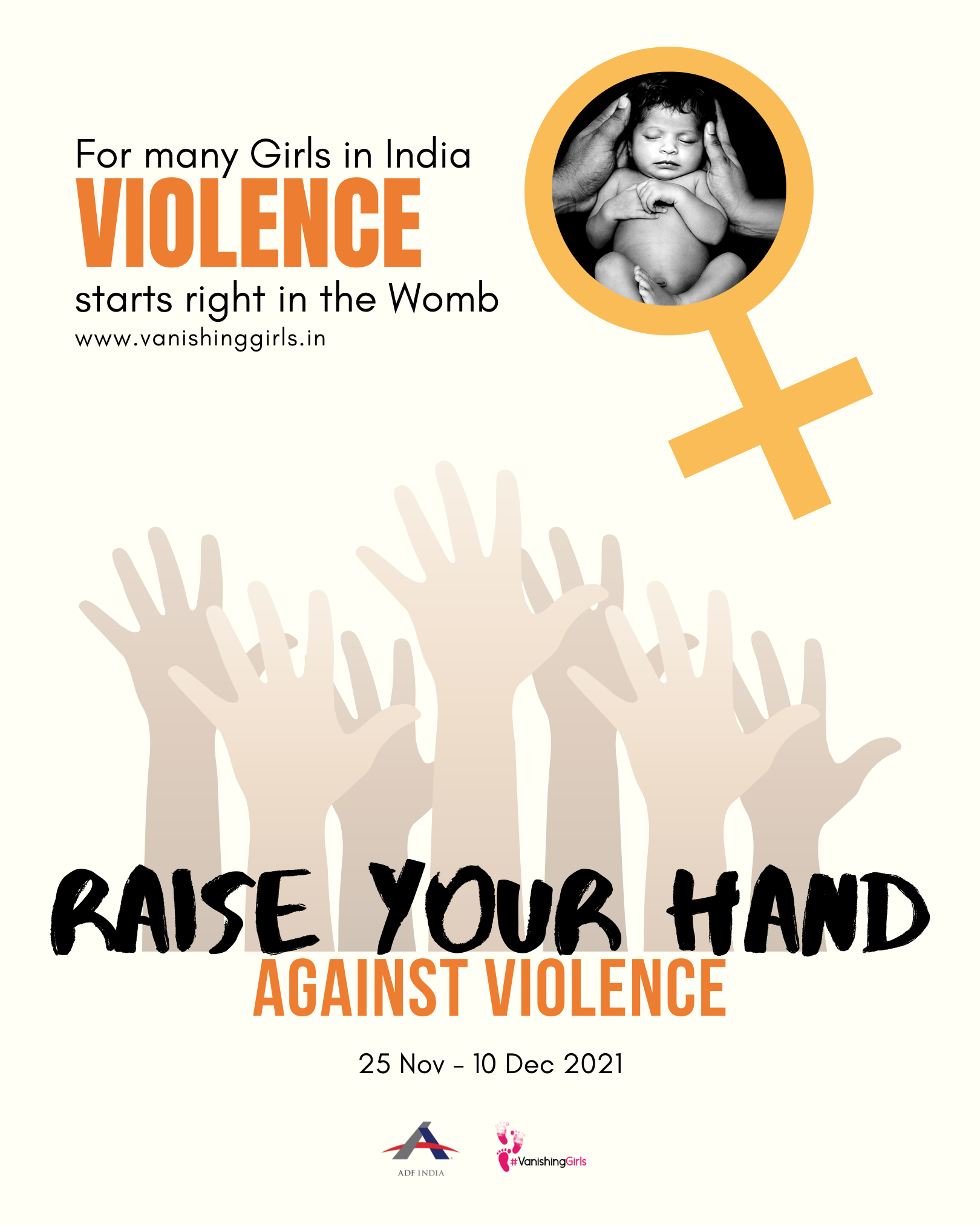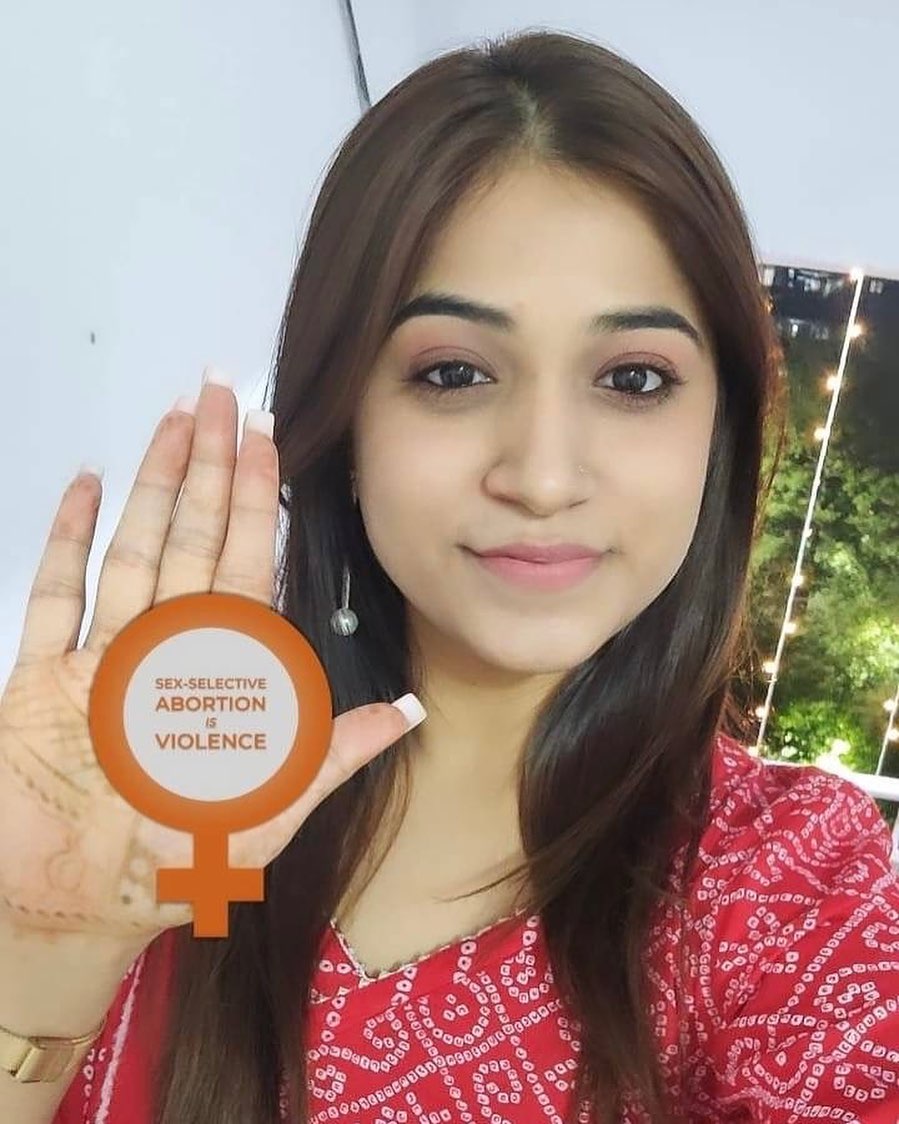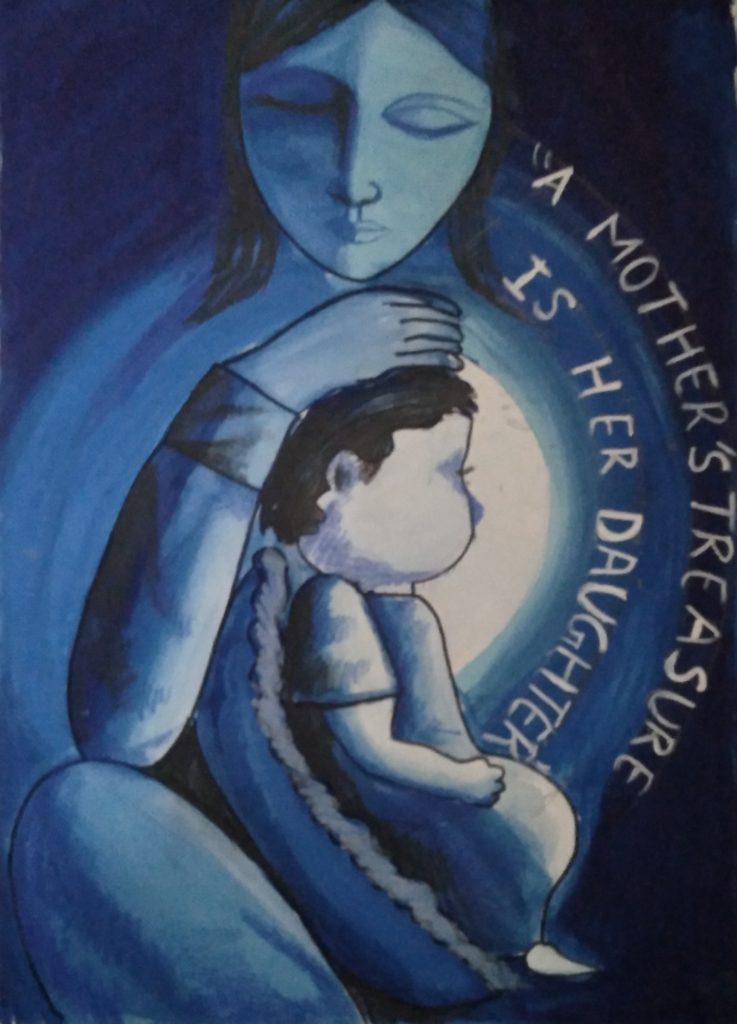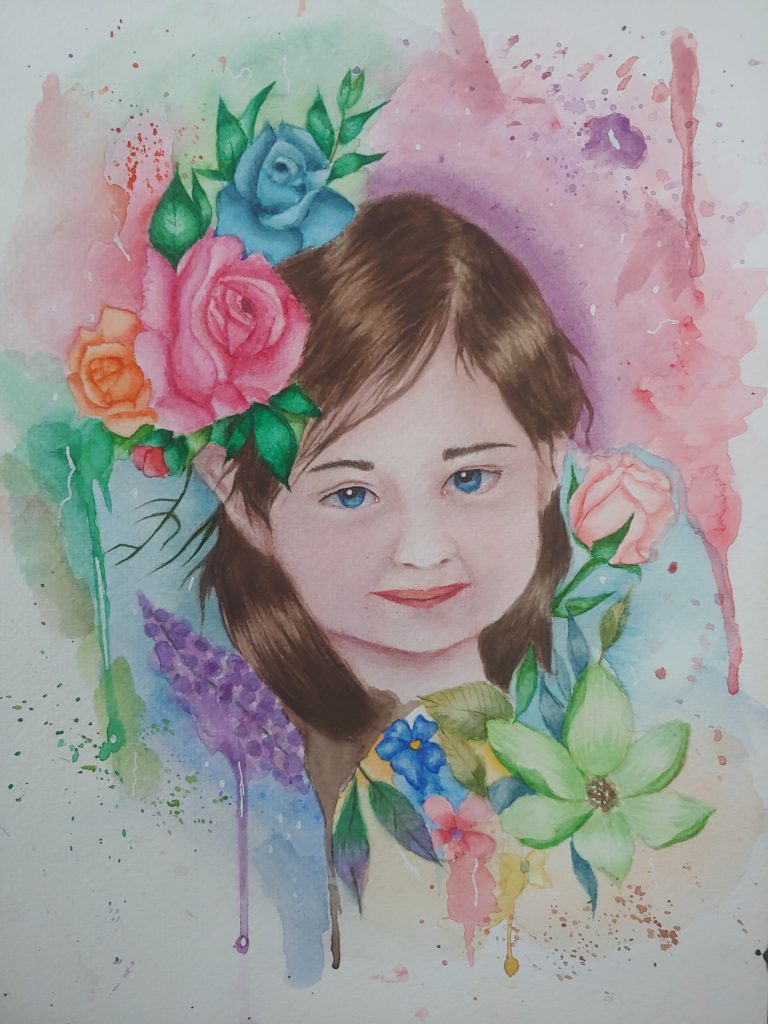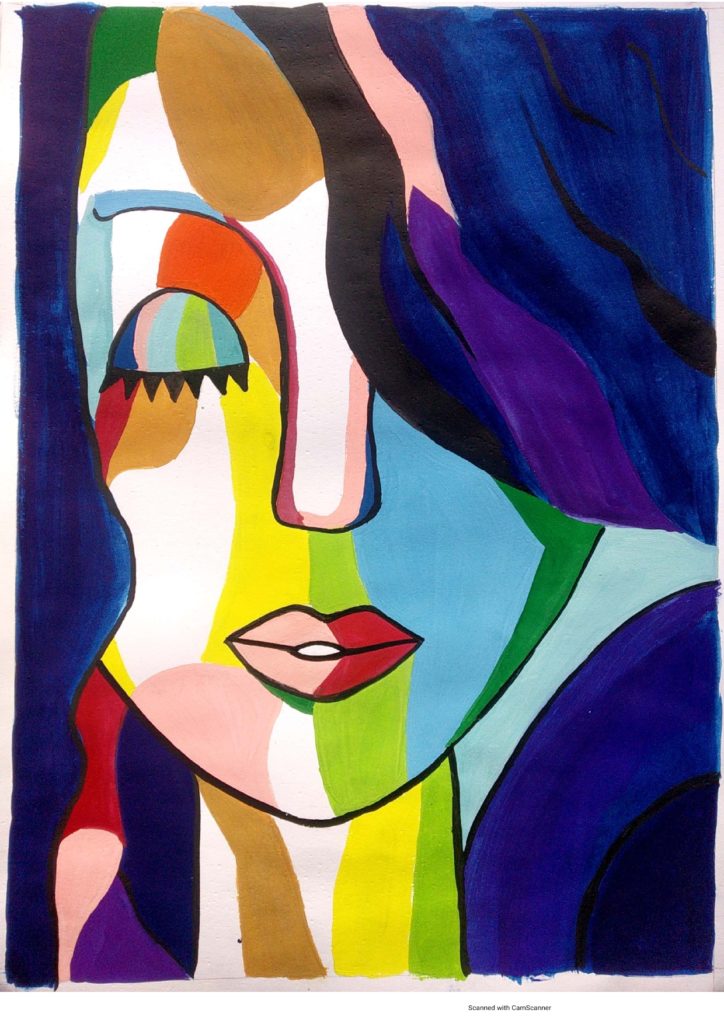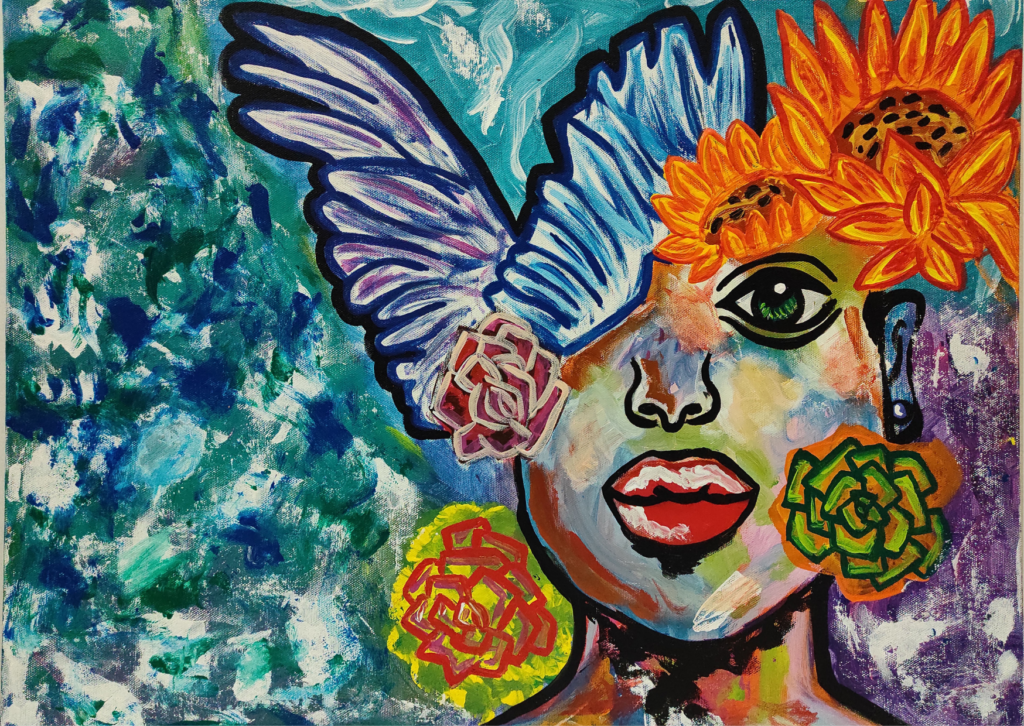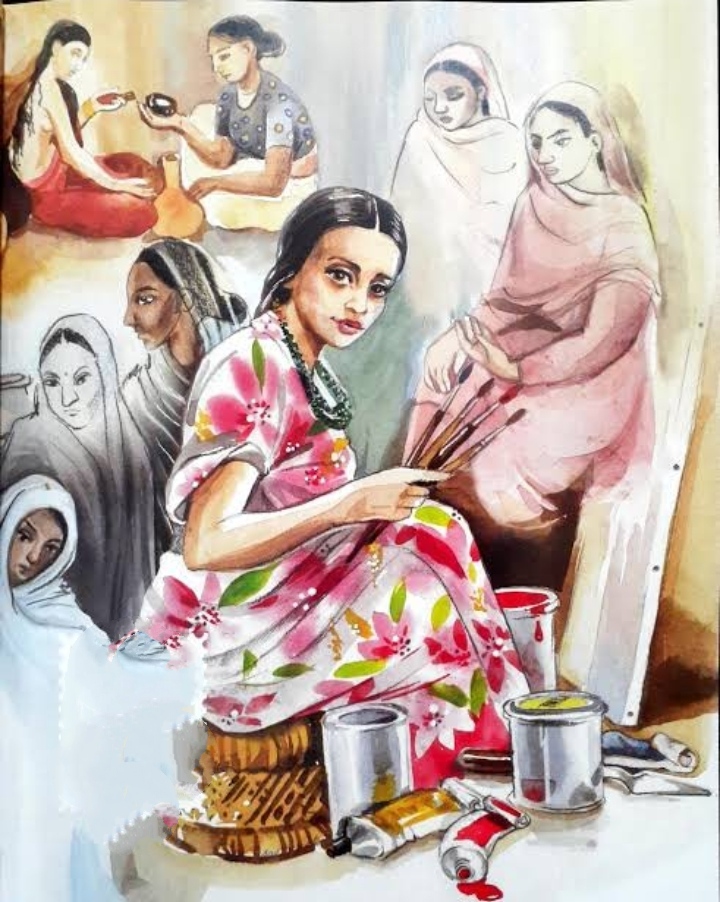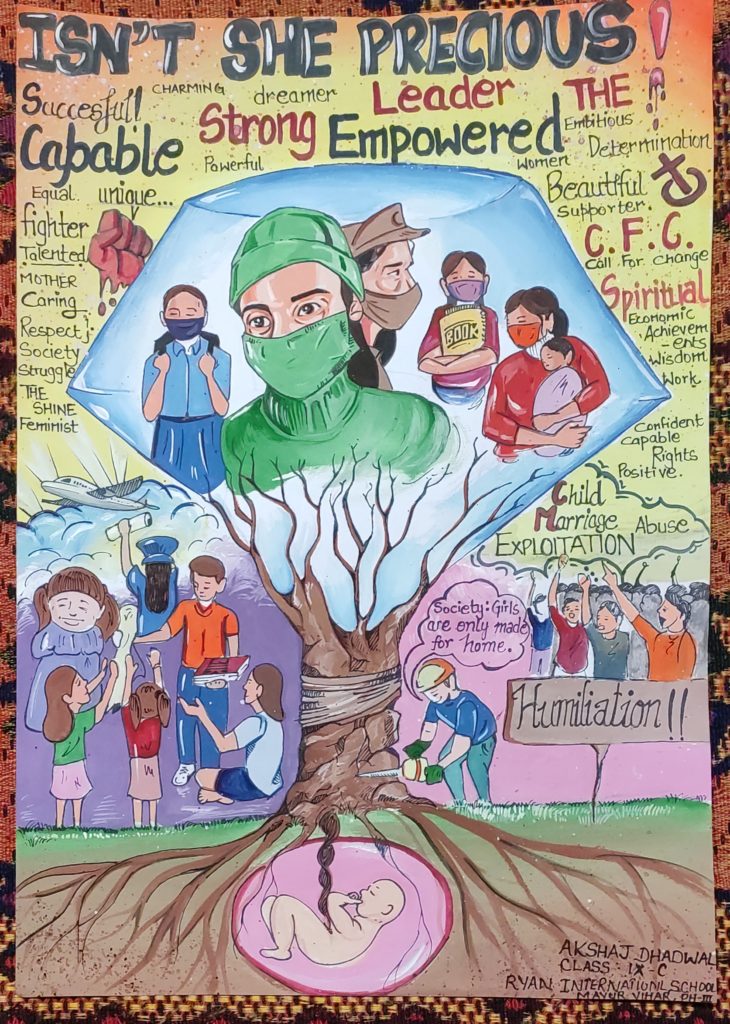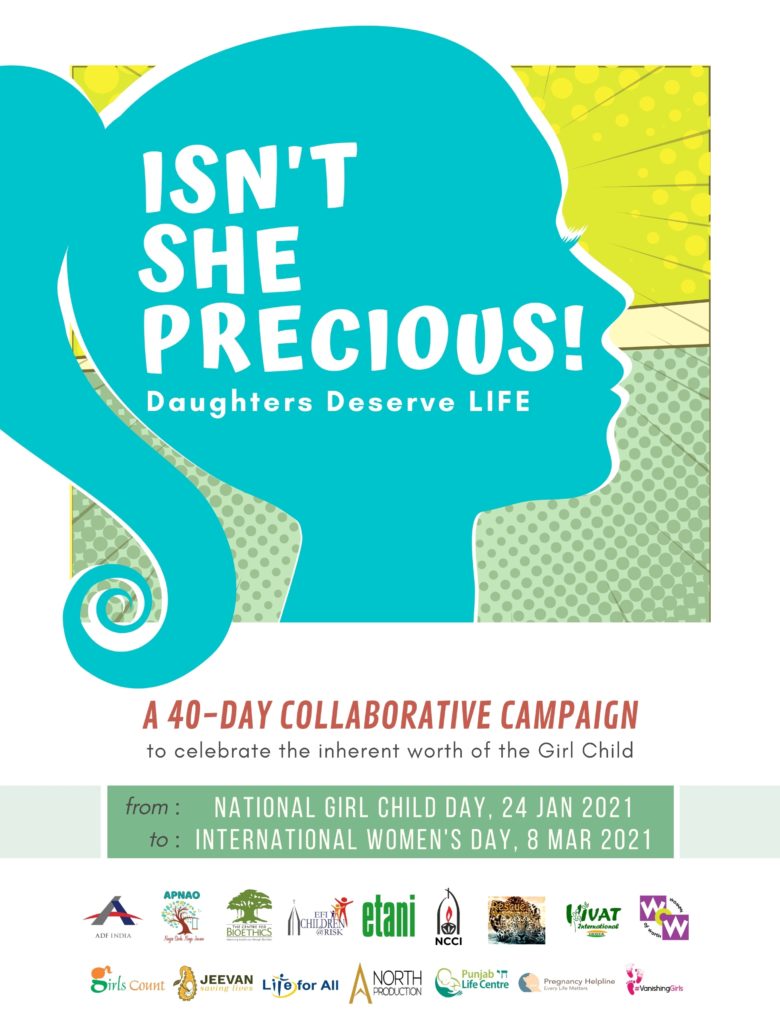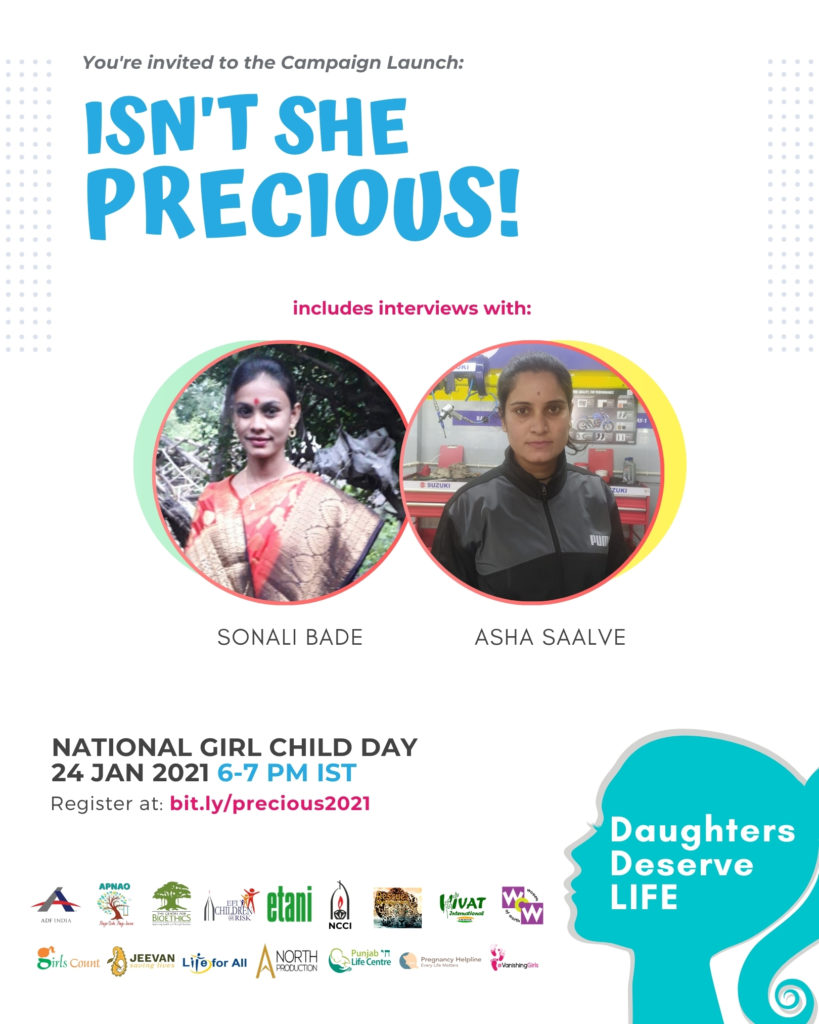Art imitates LIFE - How a 2022 film FINALLY opens the mainstream discussion on sex-selective abortion
Updated on 15 July 2022
Divyang Thakkar’s directorial debut Jayeshbhai Jordaar did not make big splashes with its release on 13th May 2022. The film also received mixed reviews from critics and audiences alike. Though with flaws, this social dramedy deserves appreciation for attempting to draw the attention of mainstream media to a topic rarely discussed – sex-selective abortion.
Set in a village in Gujarat, the film follows the quest of a renegade couple (portrayed by Ranveer Singh and Shalini Pandey) to save their unborn girl child’s life from their own family, especially the patriarch (played by Boman Irani).
Despite Thakkar declaring, even before its release, that the film was “designed primarily as an entertainer”, the team seems to have done a fair bit of research on the topic. The film ties together a lot of underlying themes, practices, norms, and notions in the journey of the main characters.
Here are five moments from the film that highlight the inhuman practice of son-preference.
And yes, spoiler alert!
#1: How ultrasound technicians communicate the sex of the baby

(Copyright: Yash Raj Films / Amazon Prime)
Sex-selective abortion has been illegalised as per the Pre-Conception Pre-Natal Diagnostic Techniques (Prohibition of Sex Selection) Act, 1994. Yet, many technicians have found creatively secret ways of indicating the sex of the unborn child. In the movie, the doctor (portrayed as largely well-meaning) indicates to the father (Ranvir Singh) that his baby will be a girl by simply saying “Jai Mata Di”. This is one of the most common ways used by technicians to communicate the sex of the baby.
#2: The pregnant wife feels duty-bound and guilty that she cannot “give the family an heir”

(Copyright: Yash Raj Films / Amazon Prime)
In many parts of India, the onus of birthing a male heir lies on the mother. This cultural notion has seeped so deep in the psyche of people that sometimes the woman feels guilty and responsible for not fulfilling the family’s expectation. It is sad to see how Mudra considers it her inherent duty to produce a son – something that is not in her control. Upon finding out that she is pregnant with a girl again, she despairingly asks her husband to leave her.
#3: A village that learns the hard way to appreciate and respect girls

(Copyright: Yash Raj Films / Amazon Prime)
The first episode of Aamir Khan’s 2012 show Satyamev Jayate, highlighting female foeticide, featured a village near Kurukshetra, Haryana where, due to an extremely skewed sex ratio, the men were unable to find a mate to marry. The village of Laadopur in Jayeshbhai Jordaar is loosely based on the village from the show, where the villagers have now fully realised the horrors stemming from sex-selective abortion. This also mirrors the probable condition of society at large, which can be adversely affected if the sex ratio continues to skew further. According to UNICEF, “Seven thousand fewer girls are born in India each day than the global average would suggest, largely because female foetuses are aborted after sex determination tests”.
#4: BIOLOGICAL FATHERS (not mothers) are responsible for the sex of the baby

(Copyright: Yash Raj Films / Amazon Prime)
Elementary biology lessons teach us that the father’s genes decide whether you will have sons or daughters. It is utterly illogical and unreasonable to blame the mother for the sex of the child.
#5: Girls should be seen as heirs and inheritors as much as boys

(Copyright: Yash Raj Films / Amazon Prime)
Culturally, daughters inherit the values, the culture, the traditions, and beliefs of their parents. They play an important part in imparting the same to future generations as daughters, mothers, wives, grandmothers, among other roles.
Legally, inheritance laws in India recognise that daughters are entitled to inheritance as much as sons.
GET INVOLVED
There is an urgent need to end the practise of sex selective abortions in India. Get involved in the Vanishing Girls campaign and host a film screening in your community to get a conversation started. Write to us to let us know how we can help.
Or maybe you know someone who is being forced to undergo sex-selective abortion? We are a team of legal experts that can help. Reach out to us here.






